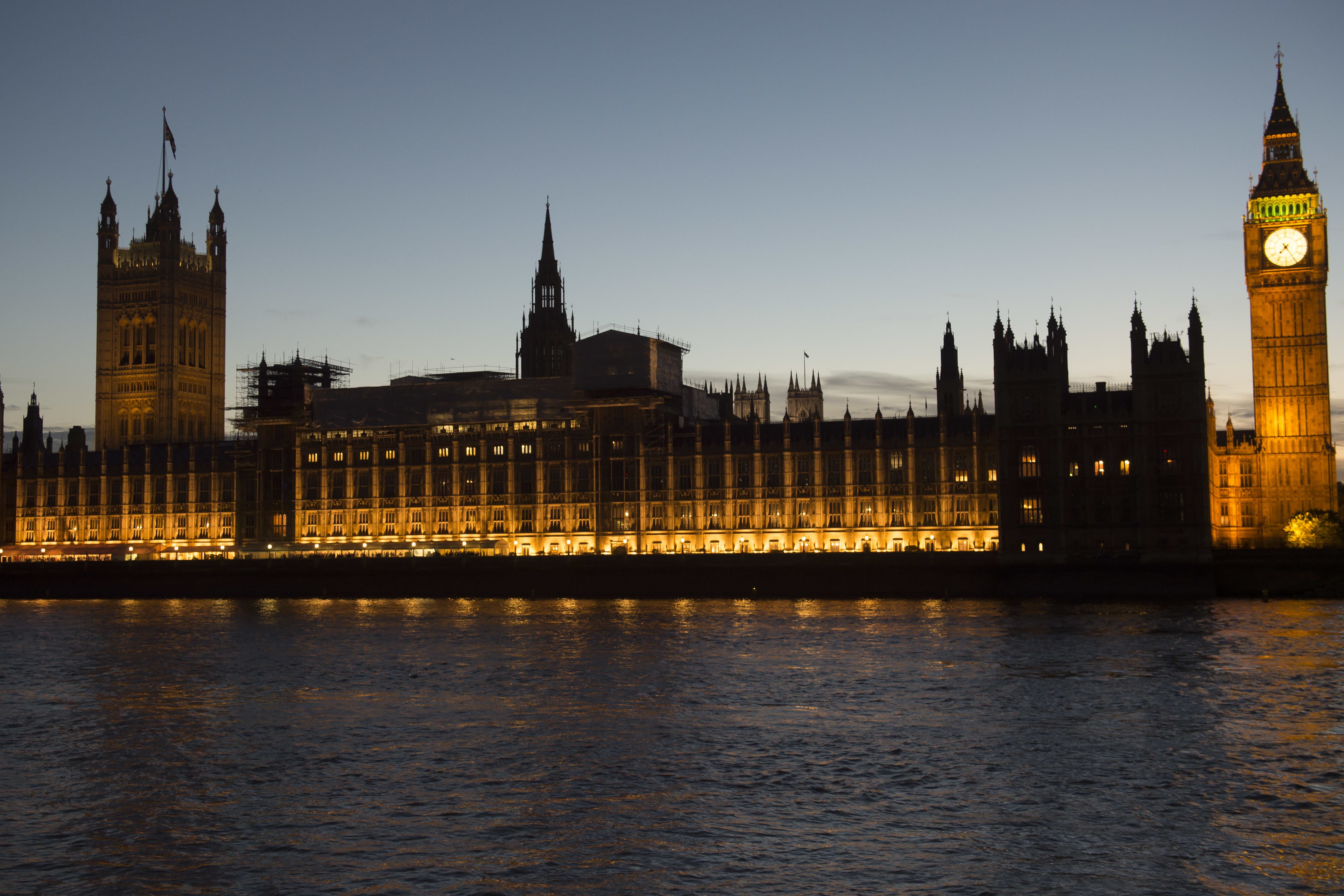Medals and bigger pay-offs for MPs? It’s a tough sell to the public
In politics, as in comedy, timing is everything – and the timing of this suggestion is awful, writes Sean O’Grady


A committee of MPs claims that a lack of support for former politicians wishing to find new employment could put potential newcomers off a career in parliament. Outgoing members should be rewarded with medals for long service and more generous redundancy payments, they argue, in a bid to help them move into other jobs.
Some MPs are said to have experienced difficulty persuading employers of their merits, and suffered “financial challenges and hardship” after leaving parliament, some waiting months for “loss of office” money.
What was that again?
Yes indeed, MPs have recommended that they pay themselves more money and receive something like an honour – or for some, an additional honour on top of what has become the semi-routine award of a knighthood – for doing their job for a long time, or in an especially distinguished manner. Conservative MP Sir Charles Walker, who most agree is one of the more independent-minded and candid of the breed, and who chairs the Commons administration committee, argues: “If the public wants the best individuals to represent them in the House of Commons, it is vital that MPs receive the support they need [in order] to do – and leave – their jobs well.”
It is possible that the next election will see a large number of MPs – plenty of Conservatives, and some quite young – lose their seats. This may be serving to concentrate minds.
What are the rules?
The amount of the “loss of office” payment is equal to double the statutory redundancy entitlement. MPs are only eligible for such payments if they have held office for a continuous period of at least two years, and have stood for re-election but failed to be re-elected. MPs who choose to stand down prior to an election are not entitled to any payment.
Loss of office payments are only made to eligible MPs once they have performed the following: issued redundancy notices to staff; repaid any outstanding debts to parliament; submitted all expenses claims for the period running up to the election; and carried out all administrative tasks and any other necessary tasks.
Ministers who are sacked get commensurately more – they are entitled to a severance payment of a quarter of their annual ministerial salary. In recent times, one former secretary of state was eligible for a £16,000 payment after just three days in office (though this was not claimed, or paid, in the event).
What’s the case in favour?
One argument is that the House of Commons fails to attract the brightest and the best – and one way to prevent brilliant people from pursuing alternative careers in, say, finance or the law is to reward them better for being an MP. One particular issue is the difficulty former MPs have in finding work following a career in politics; they may also struggle with paying off their staff when they leave office, voluntarily or otherwise. Hence the suggestion of a bigger cushion to land on.
The committee also points out that other legislatures have more generous systems.
Are there any arguments against?
Plenty. First, there is already an independent pay body that reviews MPs’ pay and has often recommended a decent rise – sometimes to the embarrassment of MPs. Second, the perks, expenses, and index-linked pensions due to MPs remain some of the best anywhere. Third, if you’re successful enough you will have little trouble making money post-politics from things like memoirs, journalism, company directorships, public speaking, consultancies, media appearances, running quangos, or all of the above.
Moreover, the people who go into politics tend not to be in it for the salary, as such. It’s power they lust after, and there are plenty who give up big earnings outside to sit on the green benches or in a ministerial office. Westminster is a palace of varieties, and the work is as onerous as you allow it to become. The power, prestige and way of life of an MP – and of their counterparts in devolved assemblies and parliaments – is far ahead of what the likes of teachers, railway workers or nurses are afforded, to offer some topical examples.
Will they get what they want?
In politics, as in comedy, timing is everything. Right now, with the cost of living crisis, high taxes, and a recession under way, the public are unlikely to be sympathetic to these proposals, whose timing is comically poor. The public blame some, or possibly all, MPs for the plight many find themselves in, and they’ve not forgotten the expenses scandal, or the various other incidents that have damaged the reputation of those in public life recently – from Wallpapergate and Partygate to the questions over Nadhim Zahawi's tax affairs.
“Why pay these people more?” would be the question the “just about managing” family down at the food bank might pose. A backbench MP’s salary, at around £84,000, is way above that of most workers. Members of the armed forces and veterans might also ask what former MPs have done to warrant a medal.
By the way, MPs’ staff are to hold a strike ballot, having rejected a “woefully inadequate” pay increase offer of 4.9 per cent. Unite’s parliamentary branch passed a motion asking for a rise of inflation plus 2 per cent.
What happens next?
The administration committee said that the Independent Parliamentary Standards Authority should look at how Westminster’s system compares internationally, in order to inform a potential future review. The authority can make its mind up independently, but in the end, all these questions are political, and the public mood is hostile.






Join our commenting forum
Join thought-provoking conversations, follow other Independent readers and see their replies
Comments